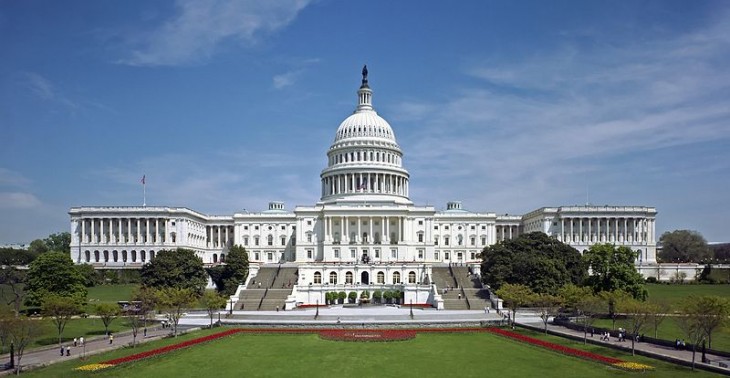
House Energy Subcommittee Hearing on Science – an Opportunity for Fusion Missed
Podcast: Play in new window | Download
Subscribe: Apple Podcasts | RSS
I went up to the Hill earlier today to see a hearing in the Energy Subcommittee of the House Science Committee. The point of the hearing was to hear testimony regarding the Department of Energy’s Science mission. The Committee is currently considering reauthorization of the America COMPETES Act, a 2007 law that sought to re-invest in America’s long-term competitiveness. This bipartisan bill was passed in response to a 2005 report of the National Academies called “Rising Above the Gathering Storm,” a report chaired by ASP Board Member Norm Augustine. Then, as now, there was a fear that America was falling behind because we were failing to invest in basic Research and Development.
The legislation was passed in an effort to respond to that challenge. I would contend that this legislation never had the full effect that was intended to have because it never was fully funded.
 Today’s hearing featured Dr. Pat Dehmer, the Acting Director of the Office of Science in the Department of Energy, Dr. Horst Simon, the Deputy Director of Lawrence Berkeley National Lab, and Dr. John Hemminger, the Chairman of the Basic Energy Sciences Advisory Committee, Department of Energy.
Today’s hearing featured Dr. Pat Dehmer, the Acting Director of the Office of Science in the Department of Energy, Dr. Horst Simon, the Deputy Director of Lawrence Berkeley National Lab, and Dr. John Hemminger, the Chairman of the Basic Energy Sciences Advisory Committee, Department of Energy.
Characteristically, the hearing featured discussion from each member about the work done in their district. That means that it featured testimony about California Universities and labs like Sandia and Lawrence Berkeley. Together, the witnesses implored the subcommittee members to maintain predictability and sustained levels of funding in order to attract top students into these fields in order to maintain an atmosphere of innovation that will keep America competitive.
Some specific examples included the strides being made in supercomputing. Scientists are working hard to develop exoscale computing which has the potential to engage in predictive design, a breakthrough that could help scientists with the development of new biofuels or carbon storage technologies. They discussed the role of tech transfers: how and when new technologies or research could be rolled out to the market so that new industries and jobs can be created. The witnesses maintained that such tech transfers will happen gradually so long as there is sustained commitment to their projects.
However, I thought the hearing was an opportunity missed, because it failed to do oversight of the fusion energy sciences program, a key part of the Department of Energy’s Office of Science. I am worried that fusion – which could supply limitless amounts of clean, safe, sustainable energy – was overlooked. Unlike other basic science research, fusion is leading to an energy outcome: it will (eventually) lead to a source of energy. With political will and sustained funding, we know that fusion is poised for a breakthough – but I am not convinced that Members of Congress know how important fusion will be. ASP’s 10 year plan to energy security shows the path forward. We have our work to do.
If you’re interested, you can watch the archived version of the hearing here.







